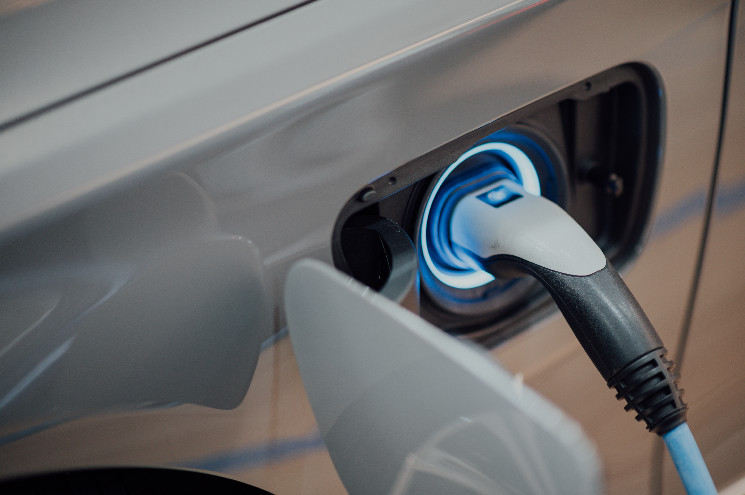All eyes are on electric vehicles.
The Biden administration last month announced a historic overhaul to ramp up adoption of EVs. Under new regulations put forth by the Environmental Protection Agency (EPA), at least 54% of all new vehicles made in the United States must be electric by 2030, essentially mandating a new North American supply chain, assembly lines, and manufacturing facilities.
A blockchain solution isn’t just a necessity for realizing this supply chain: It is the only way to have transparency and ensure human rights as the United States transitions off fossil fuels.
Dr. Qichao Hu is the founder and CEO of SES AI, a Boston-based, Li-Metal EV battery manufacturer that is building the world’s first transparent and intelligent EV battery supply chain.
There are currently few reliable methods for ascertaining whether car makers and battery companies are taking the necessary steps to source properly. Battery and car parts are often obtained and assembled over several continents before reaching their final destination, from a mine in Africa to a cell factory in Asia to automobile lines in Europe.
Before their vehicles hit pavement in the United States, companies eligible for federal benefits could use dirty energy at numerous points in the production process, while obscuring the origin of their materials. The complex and opaque supply chain presents a significant challenge for regulators seeking to ensure sustainable practices, and establish end-to-end infrastructure in the United States and our FTA countries.
Blockchain addresses many of these challenges by providing a transparent and secure platform for tracking and verifying the origin, and production. Each transaction, from mining to manufacturing, can be recorded and verified by multiple parties, ensuring that the information is accurate and trustworthy. This transparency can help curb smuggling and dirty mining, making it more difficult for companies to embrace unethical sources. It also creates safety for consumers, as some electric vehicles have recently caught on fire due to quality control issues.
Integrating blockchain into supply chain systems is no longer theoretical. Organizations have embraced the technology to track certain aspects of the manufacturing process: Global jewelry corporation De Beers announced it was applying blockchain to its operations, with the intention of bringing much-needed transparency to the diamond trade. The World Economic Forum has even introduced an entire mandate on this front with over 100 partnered organizations. Titled “Redesigning Trust with Blockchain in the Supply Chain,” the project aims to “co-design an open-source toolkit which will streamline the deployment of blockchain throughout a broad and diverse sector.”
Projects like these serve as inspiration for companies on the frontlines of developing EV supply chains. Did a company receiving U.S. subsidies generate electricity to crush rocks, and use clean, renewable energy? Or did it use dirty energy, and source from a less friendly country? Did a manufacturer cut corners on certain safety features?
Read more: Paul Brody - The Age of Autonomous Supply Chains
Blockchain creates data-backed trust, which is crucial for an industry spanning multiple continents and currently lacking transparency. A tokenization process enabling trust also contains the seeds for spinning off new markets, as stakeholders can own new digital assets. If the real estate industry can adopt smart contracts for purchasing properties and tokenizing property deeds, then why can’t the emerging EV sector capitalize on ethical sources within the supply chain process?
Blockchain is moving away from speculative cryptocurrencies to digital assets backed by real-world commodities. A number of stablecoin projects, such as Paxos, are backed by precious metals like gold, and more raw materials like lithium are likely to follow this trend. In order to get here, a total revamp of domestic and foreign supply chains is needed – luckily, the Biden Administration just gave the green light.
 coindesk.com
coindesk.com
